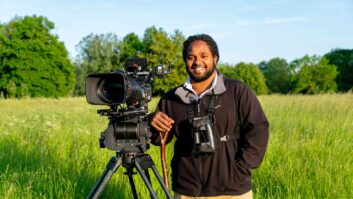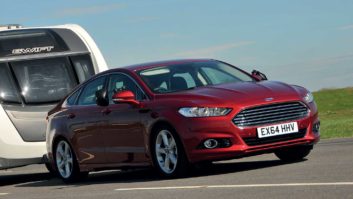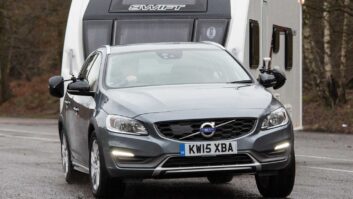
A MINOR MILESTONE in road safety almost passed unnoticed earlier this month: stability control (also known as ESP) is now compulsory on all new cars and light commercial vehicles sold in the European Union.
The new rules mean that any car which goes through type approval from this month onwards will have to have this important safety aid fitted – not just on top of the range models, or buried in the list of options, but standard fit on each and every car.
From 31st October 2014 any new car or van will have to have ESP, irrespective of when it was approved for sale in Europe.
In fairness, most cars now come with stability control. In 2010, 63% of cars and light commercials made in Europe had ESP. That still means almost four out of ten don’t come with this important safety aid.
You’re probably familiar with stability control, but in case you’re not, here’s how it works: sensors compare the car’s behaviour with the driver’s steering inputs (the latest Bosch systems do this 25 times a second). If the car is not going in the direction the driver intends, stability control reduces engine torque to restore stability or even brakes individual wheels to help keep your car on the road.
ESP doesn’t just work when driving solo. Some of the most sophisticated forms of stability control have a Towing Stability Programme (TSP) which specifically works to prevent snaking. Even without TSP, research by the University of Bath suggests ESP has a positive effect on towing stability.
Of course, no electronic co-driver can rewrite the rules of physics. Towing with ESP or TSP still demands appropriate speed, sensible matching and careful loading. But knowing that no new car designs will go on sale without stability control is welcome news.







